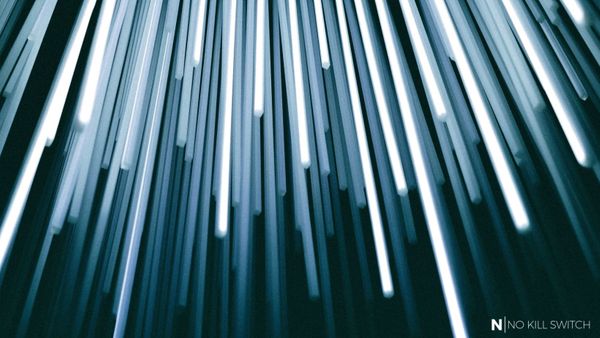Disclaimer: sorry, but this ain't a post about architecture, leadership, software development, neither any other usual topics you can find here. But I believe its content is more needed today, in the situation we're facing.
COVID-19 didn't just disrupt our lives. Its influence seems much broader ...
As our lives have got deprived of what was spicing them up on the daily basis (socialising, sports, events, services), there seems to be a massive, unfulfilled need for drama. Media count up infections in real-time, isolated cases of quarantine breach are being raised to the status of breaking news, no celebrity post about a pandemic will be omitted, especially if accompanied by a selfie or two.
Apparently, everyone is a medical expert these days. Everyone has an opinion - what's required, what's an overkill. Every day some self-nominated "authority" (ofc w/o any medical background) throws up another public memo (shared widely on-line, usually on Facebook), sounding even more alarming, declaring govt actions incompetent, inadequate, even harmful. And flocks nod in unison (share, click, like, ...), nearly speechless with indignation.
Obviously, all the "analysis" we're being fed with everyday is pure criticism. Every decision in the hindsight was a mistake, every local decision-maker is guilty of culpable incompetence, everything could have been foreseen & prevented. It's hard to come up with anything that has popped up within the last two weeks that was not utterly ridiculed in public.
It's not new, such criticism (some would even say: "hate") happens on the daily basis, but usually it's more fragmented, distributed and "smeared" upon many distant topics. And it pisses me off, because I've learned the hard way (it took me more time than I'd like to admit) that:
Criticising something, even justly and deservedly, is usually a level of magnitude easier than performing the act that has been criticised.
Why so?
- Flaws & defects are easy to spot once they manifest in ready product, but not so easily foreseeable when the work is still in progress
- All hard decisions are based on risk calculation & estimating the known unknowns - one can't be always right, but it's so easy to get blamed once you were wrong
- Yes, there are also the unknown unknowns ...
- Our own bias - like hindsight bias, horn effect, attribution or confirmation bias (for your own prejudice)
And that's why we should all cool down. And shut up, at least for a moment. Hide our righteous outrage into our deepest pockets, because it serves nothing.
There are just 2 simple rules to follow instead:
Rule #1: Don't criticise.
Rule #2: Be in solidarity with others & get yourself useful.
It's the solidarity (as a part of a greater society) that I find most important. We're just in the beginning of a large crisis that has already hit several industries - tearing some of them down nearly to ashes. One could believe that one person's problem may not affect him ("I'm a programmer, I don't have any reasons to fear as I can work remotely & change clients/employers if one goes bankrupt"), but that's extremely naive - markets are interconnected, industries are interdependent - no-one will get unharmed across what we're facing, no-one is a sole island.
And we all can do something to help others. Order food from a nearby restaurant, instead of cooking yourself. Buy a voucher from your hair stylist for a service you'd book anyway. Instead of buying your favourite magazine in person, get a subscription to get it delivered. Donate your local artist/theater on Patreon or equivalent service. Support your beloved sports club by buying an official match-day jersey. Share unused (but working) equipment with the nearest primary school (so all the children can participate on-line lessons). So it goes ...
There are tons of options for many of us. It's just harder to actually DO SOMETHING USEFUL, instead of just sarcastically criticising while others are struggling.








